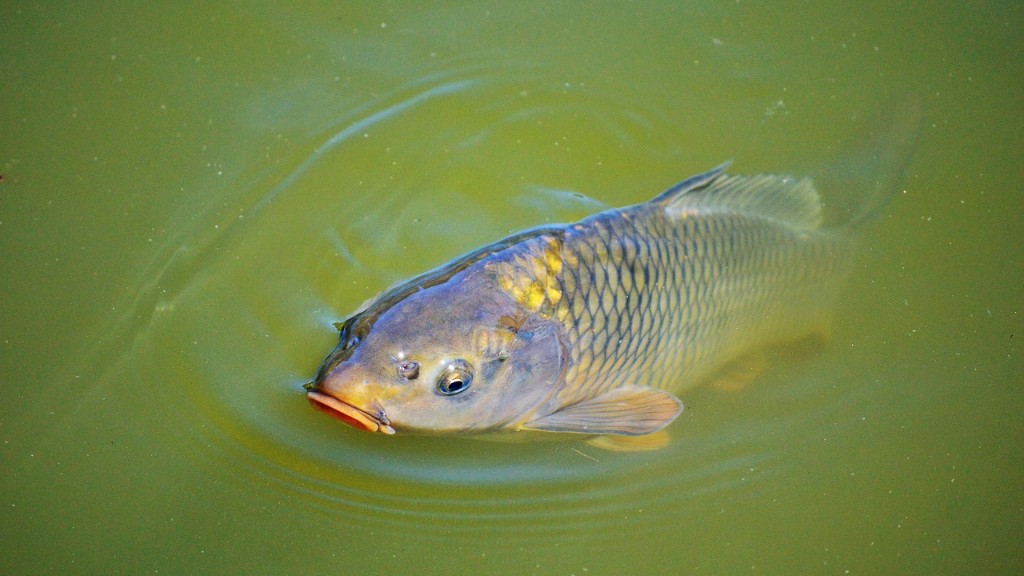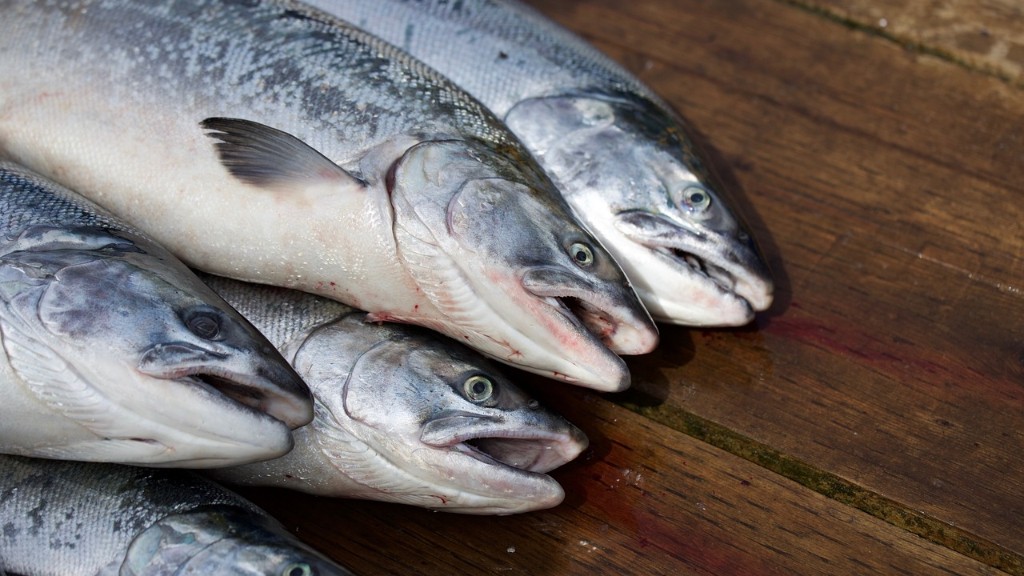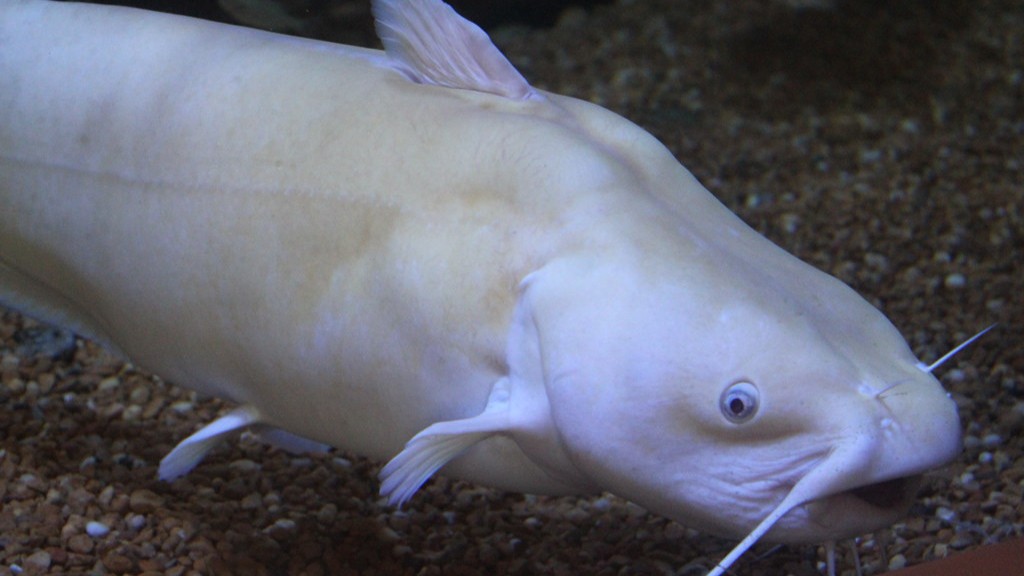Do Carp Bite in the Wintertime?
Introduction
As an expert in the field of angling, the question of whether or not carp bite in the wintertime is one that I am frequently asked. Carp fishing is a popular pastime among anglers, and the behavior of these fish during different seasons is of great interest to enthusiasts. In this article, we will delve into the factors that influence carp feeding patterns during the winter months, drawing upon anecdotal evidence, scientific research, and observational studies to provide a comprehensive understanding of this phenomenon.
Anecdotal Evidence
Many anglers believe that carp are inactive and do not feed during the winter, leading to a decrease in fishing activity. However, anecdotal evidence suggests that this assumption may not hold true in all cases. Numerous experienced anglers have reported successful carp catches during the winter months, challenging the notion that carp are entirely non-responsive during this time. These anecdotes can be attributed to several factors that influence carp behavior, which we will explore in the following sections.
Influence of Water Temperature
One of the primary factors affecting carp feeding patterns in the wintertime is water temperature. Carp are cold-blooded creatures, meaning their body temperature is regulated by their environment. As the water temperature drops during winter, their metabolic rates decrease, resulting in a reduction in feeding activity.
However, it is essential to note that carp are still capable of feeding even in colder waters. While they may not actively search for food, they are opportunistic feeders, meaning that if presented with a readily available food source, they are likely to take the opportunity to eat. Consequently, anglers can increase their chances of catching carp during winter by using baits that remain attractive in colder temperatures.
Baits and Attraction
Selecting the right bait is crucial when attempting to catch carp during winter. Traditional warm-water baits may lose their effectiveness in colder temperatures, as their smells and flavors diminish. Therefore, it is recommended to use baits specifically designed for winter carp fishing. These types of baits are formulated to emit higher levels of attractants that can penetrate the water even in cold conditions, grabbing the attention of carp and enticing them to feed.
Another tactic anglers employ is the use of pre-baiting. By introducing food to a specific area over time, carp can become accustomed to feeding in that location. This method can be especially useful during the winter when carp are less active, as it increases the chances of attracting and catching these fish. By creating a consistent food source in a particular spot, anglers can improve their success rate.
Observational Studies
Scientific research studies and observational data further support the notion that carp do bite in the wintertime. These studies have shown that while carp may display reduced feeding activity during the colder months, they still exhibit food-seeking behavior, albeit at a slower pace. Carp tend to become more cautious and selective when it comes to feeding during winter, often inspecting potential food items more thoroughly.
Observations have revealed that carp tend to gather in deeper parts of water bodies during winter, where the temperature is more stable. They may also seek out areas where natural food sources, such as insect larvae or plants, are still available. By understanding these behavioral patterns, anglers can adjust their fishing techniques and target specific locations to increase their chances of a successful catch.
Conclusion
In conclusion, while carp feeding activity may decrease during the winter due to the drop in water temperature, they do not completely stop biting. Through the use of suitable baits, pre-baiting techniques, and understanding the behavioral patterns of carp in colder conditions, anglers can successfully catch carp during wintertime. This article has provided a comprehensive overview of the factors influencing carp feeding patterns during winter, drawing upon a blend of anecdotal evidence, scientific research, and observational studies. So, next time you venture out for a winter fishing trip, remember that the opportunity for carp to bite is still present, and with the right knowledge and techniques, you can have a productive angling experience.


